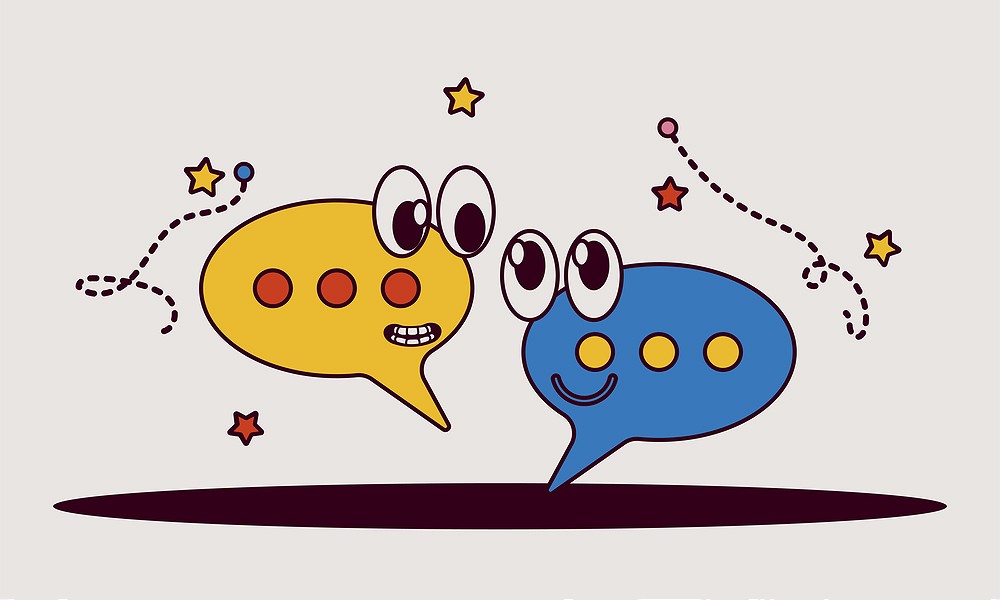Overcoming Aphasia, Restoring Speech and Communication Skills After a Stroke
The term aphasia refers to the impairment or loss of word usage. According to the National Institutes of Health (NIH), while most individuals with aphasia are middle-aged or older, it can affect anyone, including young children. The National Aphasia Association notes that currently around 1 million Americans have aphasia, with approximately 180,000 new cases annually.
The NIH explains that aphasia results from damage to brain regions responsible for language. Stroke is a common cause, triggered by blood clots or damaged vessels obstructing blood flow to the brain. The lack of oxygen and nutrients causes brain cells to perish. Other factors, like severe head injuries, brain tumors, gunshot wounds, brain infections, and progressive neurological conditions such as Alzheimer’s disease, can also lead to brain injury.
Recognizing June as Aphasia Awareness Month is an opportune time to educate and learn how aphasia affects the brain. Great Speech points to its role in providing tech-enabled online speech therapy programs powered by 200+ Speech and Language Pathologists (SLPs) in 47 states today to successfully address speech and communications challenges associated with aphasia.
Common symptoms of aphasia may include:
- Forming short or incomplete sentences
- Constructing sentences that lack coherence
- Substituting words or sounds
- Using unfamiliar or nonsensical words
- Struggling to recall words
- Difficulty comprehending spoken language
- Challenges in understanding written text
- Producing written sentences that lack coherence
Advantages of Speech Therapy for Aphasia
Frequently, speech-language therapy is employed to aid individuals in re-establishing communication skills. Aphasia therapy strives to enhance communication proficiency by utilizing existing language capabilities, facilitating the recovery of language functions to the fullest extent possible, and introducing alternative communication methods like gestures, visuals, or electronic aids.
Emerging technologies have ushered in innovative tools for those with aphasia. Great Speech’s approach provides access to speech-language pathologists (SLPs) from the convenience of home via a computer.
As technology advances so do the ways of receiving treatment. Virtual speech therapy offers personalized care with the support of a certified SLP who will develop a plan that works best for each individual. Since many with aphasia have suffered a stroke, virtual speech therapy offers the benefit of receiving care from the comfort of their own home — eliminating travel or mobility issues and making it easier on the individual and family caregivers.
Another innovative feature of the Great Speech approach to online speech therapy, is our ability to provide access to the Great Speech Portal: ‘synchronous’ 1:1 sessions with an SLP, as well as ‘asynchronous’ sessions for the individual to participate in “homework” sessions between visits with the speech therapist. This program creates additional chances to reinforce learning and allows clients to potentially accomplish their goals in a shorter period of time.
Speech Therapy Activities for Aphasia
SLPs specialize in aphasia treatment and are an important part of the recovery process. Research underscores the substantial gains individuals achieve under certified SLP care, enhancing both language quantity and quality. Aphasia speech therapy often targets regaining specific abilities, developing alternative communication strategies, or a combination of both, always striving to enhance communication efficiency and effectiveness.
Typically, one-on-one repetitive therapy is central in aphasia speech therapy. Studies emphasize that frequent and intense repetition stands as the most potent and efficient approach to regain communication abilities lost due to aphasia.
- Singing is among one of the most effective strategies, as it is not uncommon for individuals with aphasia to struggle to produce a handful of words, but they can sing entire songs without difficulty.
- Boom Cards are interactive, web-based cards that provide specific communication tasks that can be self-checked as they are used.
- Can you repeat that? is an activity that focuses on repetition to improve word retrieval and memory.
Additionally, family involvement in aphasia treatment holds immense importance as it equips family members and caregivers to learn the best ways to communicate effectively with their loved one.
Families are encouraged to:
- Attend therapy sessions when feasible.
- Employ simple, concise language.
- Reiterate content words or jot down key terms for clarity.
- Maintain mature conversational tone.
- Reduce distractions like loud noises.
- Engage the individual with aphasia in discussions.
- Seek their input on family matters.
- Embrace diverse forms of communication.
- Refrain from correcting speech.
- Allow ample time for conversation.
- Promote external engagement, like seeking support groups.
Together, we empower individuals to navigate communication challenges with a supportive and inclusive approach.
If you or someone you love is experiencing aphasia, get started by scheduling an introductory call today.
